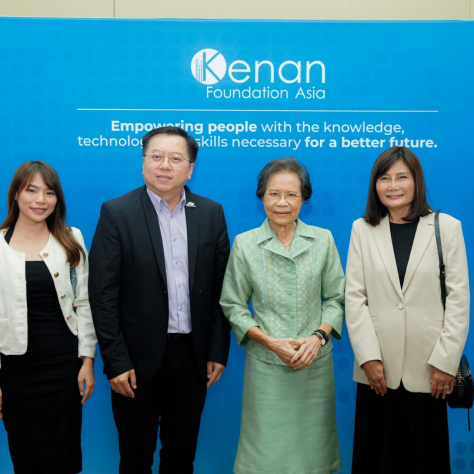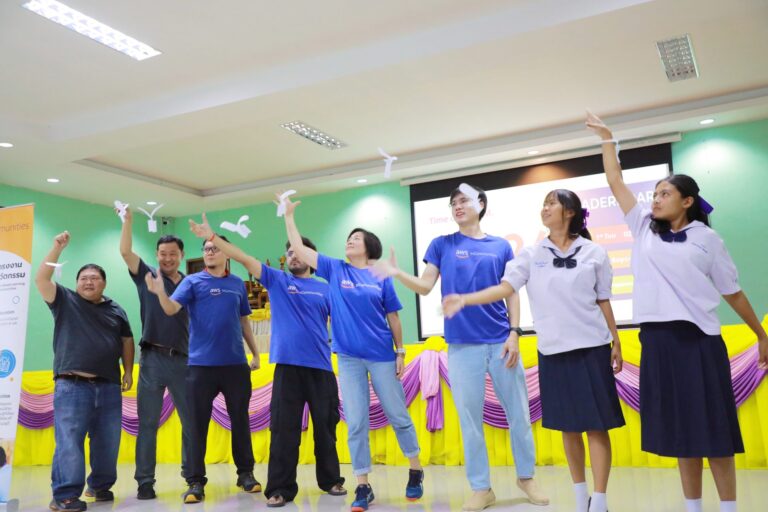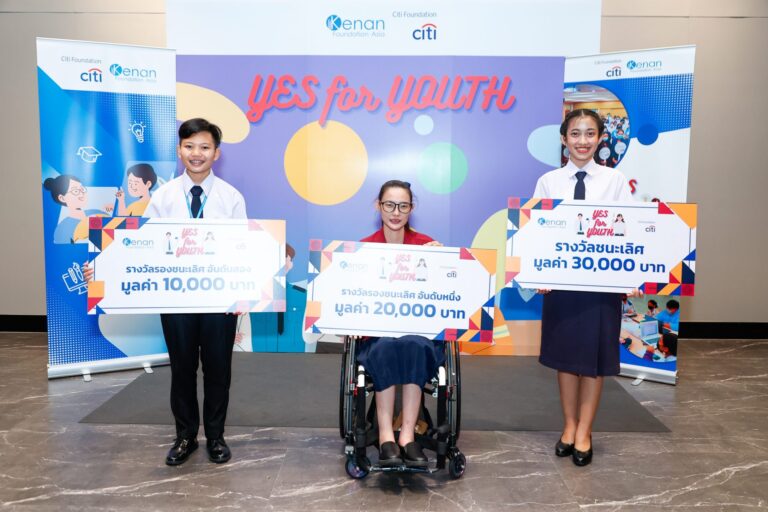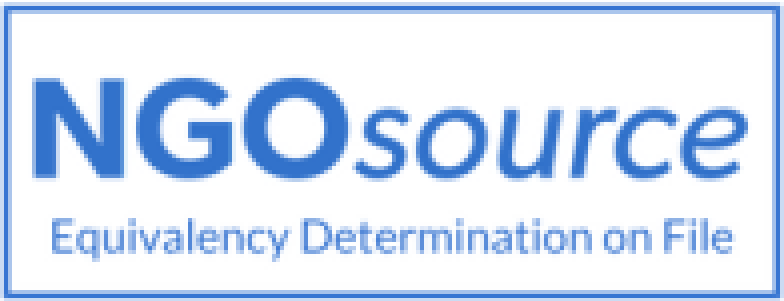In the business world, the concept of a community of practice (a collective process of learning, exchange, and growth) is well recognized for its value in creating higher performing employees, teams, and organizations. The education space is no exception.
Taking notice of this proven practice, forward-looking governments and institutions have begun introducing the concept of a community of practice in the education space – often referred to as Professional Learning Communities (PLCs).
Teaching can sometimes be an isolated profession, especially in Thailand, where teachers have few opportunities to share and exchange ideas with colleagues, or tap into the experience and expertise of their fellow educators. PLCs are shifting the paradigm by providing new opportunities for educators (school leaders and teachers in collaboration with university faculty) to break out of their silos and engage in a team-based, small-group approach to examine the teaching and learning process, as well as how to best engage and encourage students.

The Power of Three
While school leaders and teachers should always own the agenda of their PLCs, effective models include three key elements.
First, a good PLC helps educators conduct constructive dialogue based on shared norms, beliefs, and values that allow teachers to analyze individual and collective performance. For example, teachers in a PLC might begin by asking, “How are our science and math students performing?” Then, teams of teachers assess national test scores (O-NET) in science and math to identify trends in the data to determine the types of instruction that students need most. If the data reveals that students are performing poorly on specific areas of biology or linear equations, targeted support can then be provided in an effort to ensure that students grasp these concepts.
Second, the PLC platform allows teachers to share, observe, and discuss each other’s practices and approaches. Classroom observations then leads to meaningful discussions about “what works best” and how to adapt high-impact teaching practices to their own classrooms. In this way, PLCs encourage teachers and school leaders to identify student learning needs, as well as the gaps in their own teaching and content knowledge. This means that the observation, feedback, and support loops are foundational to continuous professional learning and development.
Third, PLCs help to facilitate collaboration among teachers on the development of impactful learning materials that improve instruction for students. For instance, lesson plans, engaging real-world examples, and exciting experiments are shared among the teachers. In this way, structured PLCs support the sharing of expertise, and help teachers recognize that their individual and collective goals are best met by working together.
Do PLCs really work?
Internationally, there is growing evidence that proper PLC practices are related to improved teacher instruction and lead to greater student achievement, especially when combined with an effective professional development training program for teachers.
Critically, here in Thailand, evidence from the Chevron Enjoy Science Project, which Kenan is implementing, shows that a remarkable 98% of Thai teachers participating in PLCs applied the information in their classroom, according to an extensive third-party evaluation. Of the ways that PLCs impacted instruction, the majority of teachers indicated that they benefited from sharing and learning from others, and then applied the skills in the classroom. Further evidence suggests that when teachers receive structured support in a PLC, they are more likely to have higher job satisfaction, improved morale, and stay in the teaching profession longer.
“Now that I’ve had the chance to actually experience a PLC, I see that they can be much more than what I had thought,” said Kongsith Itthiyophasakul, a math teacher at Saithong Uppatham School in Chachoengsao province. “It teaches us to see how students think and analyze from their perspectives. If we are willing to accept other opinions and receive feedback, we can make our pedagogy ‘work’ for the students.”
In an indication of the Thai government’s support for PLCs, the Ministry of Education has declared that teacher development is a key priority, and sees PLCs as a solution to reducing educational inequality by bringing teachers together to solve unique problems. In 2017, the Ministry mandated that all teachers must attend 50 hours of PLC meetings each year for five consecutive years as a step towards career advancement.
PLCs are fast becoming a key driver of change in the Thai education system – supporting teachers’ development and promoting a school-wide culture of improvement – that will ultimately improve student learning and performance.
To learn more about Kenan’s work to improve teacher professional development and student outcomes, please visit us at www.kenan-asia.org/teacher-professional-development







